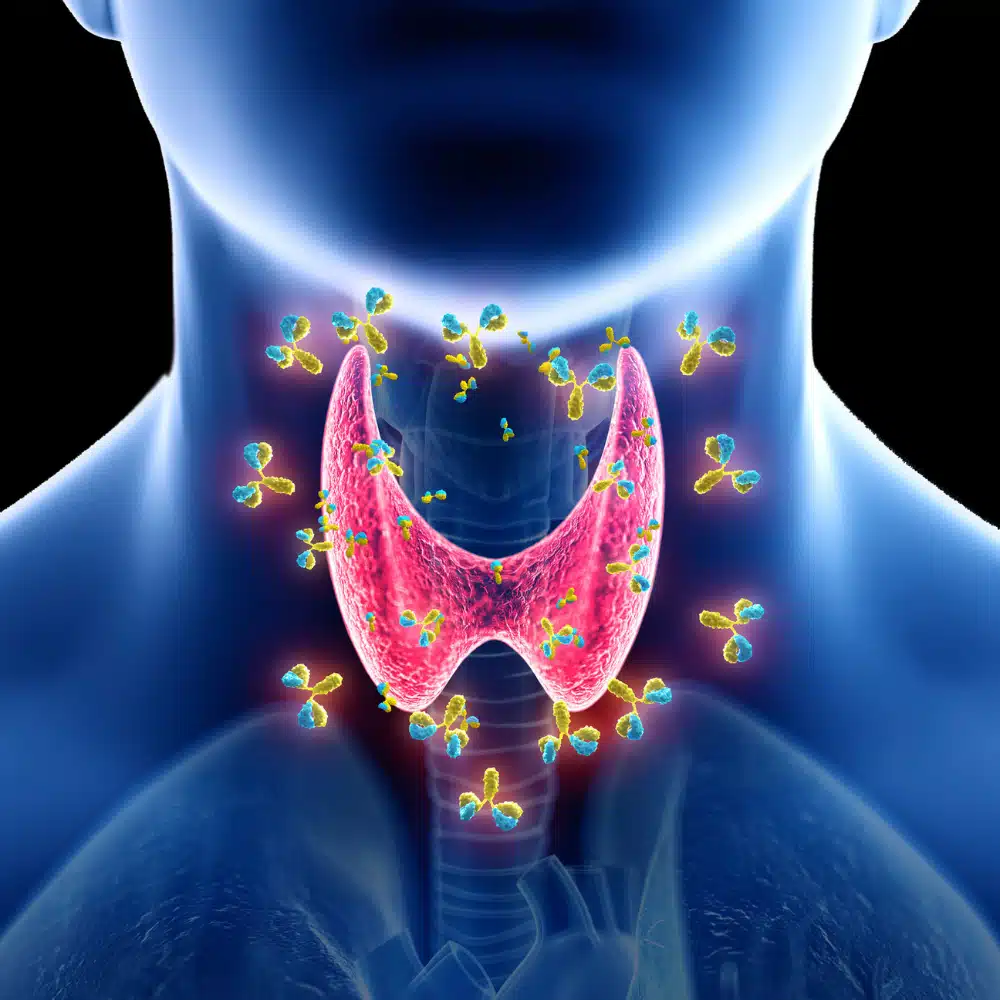Thyroid Troubles: Strategies for Managing Thyroid Disorders

Thyroid problems can affect aspects of your health, like metabolism and energy levels well as mood and weight management is important for your overall well-being and quality of life If you are facing thyroid issues or seeking ways to enhance your management plan consider seeking advice from family medicine practitioners in your area for helpful guidance and assistance Here is a detailed handbook, on effectively managing thyroid disorders
Thyroid issues consist of conditions, like hypothyroidism (when the thyroid is less active) hyperthyroidism (when the thyroid is overactive), and autoimmune disorders such as Hashimoto’s thyroiditis and Graves’ disease. It’s important to know your condition for an effective treatment plan. Your healthcare provider will conduct tests, like blood work or scans to pinpoint the nature and extent of your thyroid problem.
Remember to stick to your treatment regimen and follow it diligently to ensure the outcomes.
Dealing with a thyroid condition typically requires taking medication to manage it effectively. In cases of hypothyroidism where there is a shortage of thyroid hormone production, in the body doctors often recommend using synthetic thyroid hormones such, as levothyroxine to make up for the deficiency. On the other hand hyperthyroidism treatment may involve medications to lower the production of thyroid hormones, radioactive iodine therapy, or in severe instances, even surgical intervention. It’s crucial to adhere to the treatment plan prescribed by your healthcare provider and attend checkups to monitor your health progress effectively.
Embrace a Diet that Supports Thyroid Health.
A balanced diet is key, in managing thyroid issues like hypothyroidism by focusing on foods that support thyroid function such as fish and nuts in iodine and selenium and whole grains for zinc intake while being cautious of goitrogens found in soy and cruciferous vegetables that can disrupt thyroid activity in large quantities; for hyperthyroidism seek guidance, from a healthcare provider or nutritionist to customize your diet according to your preferences.
Tracking your symptoms is important for both you and your healthcare provider to make any needed changes, to your treatment plan in dealing with thyroid disorder issues such as shifts in energy levels or mood swings; maintaining communication with your doctor through check-ins will ensure that your treatment plan remains effective and caters to your changing needs, over time.
Handle Stress Efficiently
Excessive stress could worsen thyroid conditions. Impact your well-being significantly. Integrate stress relief methods into your schedule to promote equilibrium. Activities, like mindfulness practice and yoga sessions or engaging in activities you find pleasure, in can help alleviate stress levels and enhance thyroid health.
Engaging in activity is beneficial, for your overall well-being and can assist in handling symptoms linked to thyroid issues effectively. If you have hypothyroidism ( thyroid) being active can enhance your energy levels. Uplift your mood. On the other hand, with hyperthyroidism ( thyroid) sticking to a moderate exercise regimen can aid in weight management and alleviating symptoms. It’s advisable to seek guidance from your healthcare provider to create an exercise routine tailored to your condition.
Talk To Practitioners in the Family Medicine Field.
Seeking advice and care, for your thyroid condition from family medicine practitioners can bring about benefits tailored to your needs and help you effectively manage the condition with personalized recommendations and treatment adjustments as needed. Regular visits, to family medicine doctors ensure you receive care and support in managing your health effectively.
In summary
Successfully handling thyroid issues requires a grasp of your condition. Adhering to your treatment regimen while embracing a diet that supports thyroid health and keeping a close eye on any symptoms that arise. Additionally, enjoy a lifestyle. Seek guidance from healthcare providers to enhance your well-being by collaborating with nearby family medicine practitioners, for improved management of your thyroid health.

